SUMMARY
This is AI generated summarization, which may have errors. For context, always refer to the full article.
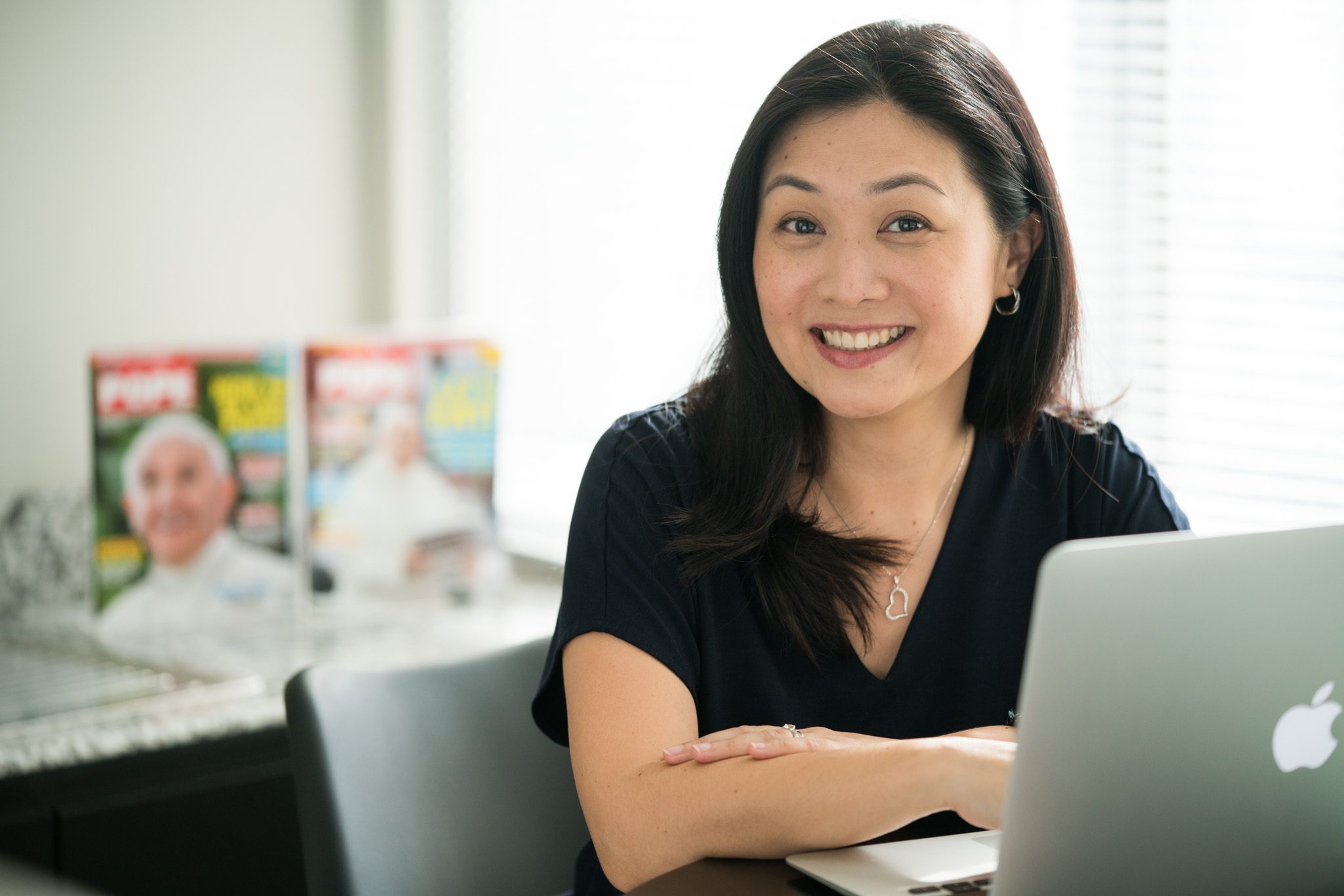
MANILA, Philippines – If you frequented magazine stands in recent months, you would have noticed a new addition to the roster of monthlies – My Pope magazine, most likely featuring a photo of a smiling Pope Francis.
In a world of internet trolls and sad news bits, the print magazine promises to be “your daily source of inspiration.” At its helm is the irrepressibly positive Tata Mapa.
Tata grew up Opus Dei and went on to receive a Jesuit education at the Ateneo de Manila University, where she even taught a couple of years of theology. After a stint in advertising, she eventually found herself in publishing, working on Seventeen magazine and Martha Stewart Weddings. She’s also an energy healer and self-proclaimed psychic, able to vibe out your wedding details and future pregnancies.
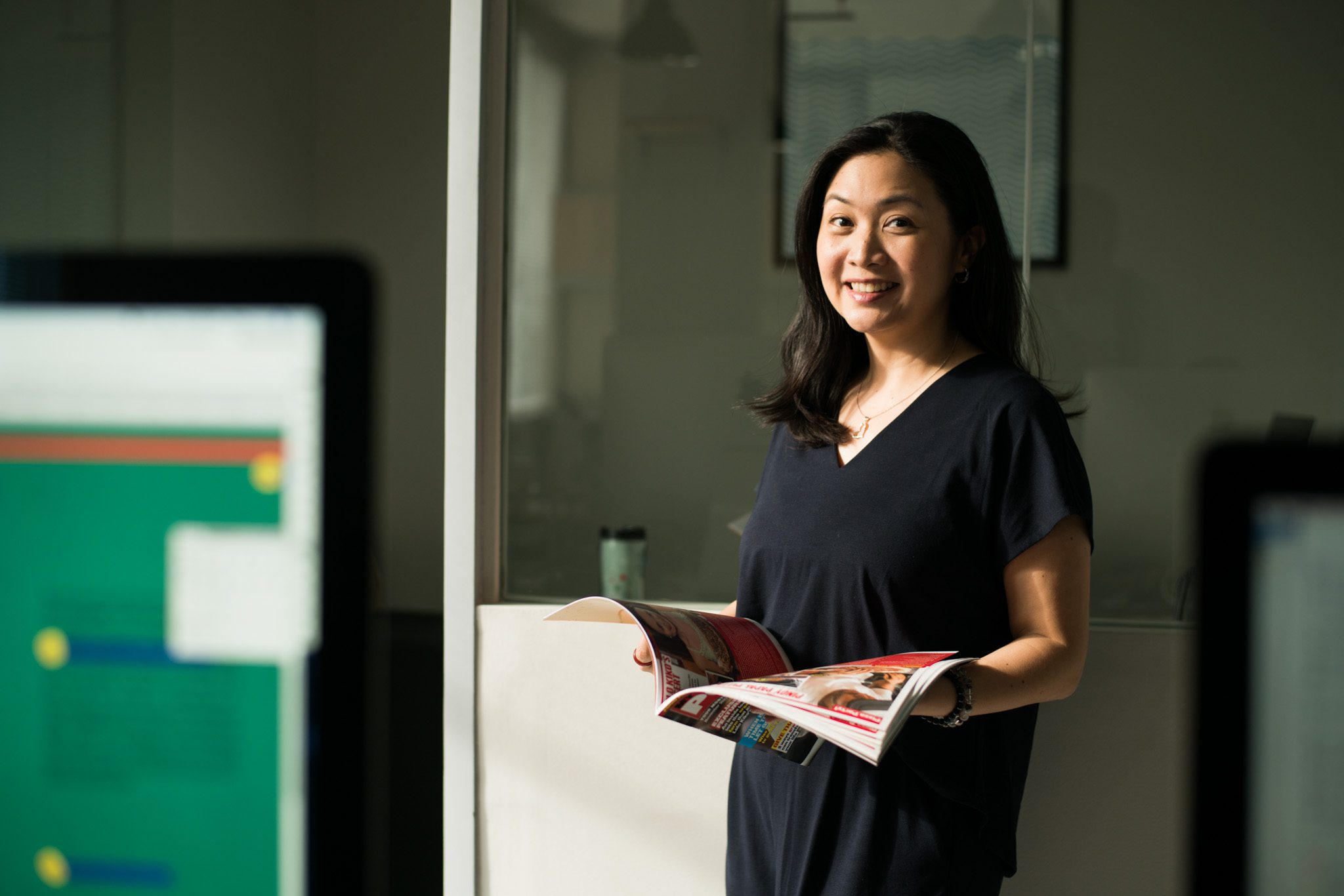
Tata tells us about her views on faith, how My Pope is a little like O, The Oprah Magazine, and how a psychic working on Martha Stewart Weddings became the editor-in-chief of a monthly about El Papa.
You come from a very religious family, is that true?
True, that’s true. How religious? Are you familiar with Opus Dei? So my father is the first supernumerary of the Philippines….He actually had a private audience with Saint Escriva in Rome. And then of course I went to Woodrose, but I also went to Ateneo. I like the balanced outlook. And my first job, I taught theology in Ateneo…because my whole life, [it was] a very conservative religious upbringing, very much about what was right what is moral. I never felt like necessarily deviating from what they were saying but I always wanted to know why. I wanted to understand the reasoning behind all the things that we were being asked to do or informed that were good for us. So when I got to Ateneo, my first year…and then my teacher was talking and she was just explaining why. Things about why we do these things, why Jesus loves us, how he loves us, all the why’s. And I really felt like there was this moment when the clouds in heaven opened and the ray of light came down, and I could hear like, [sings].
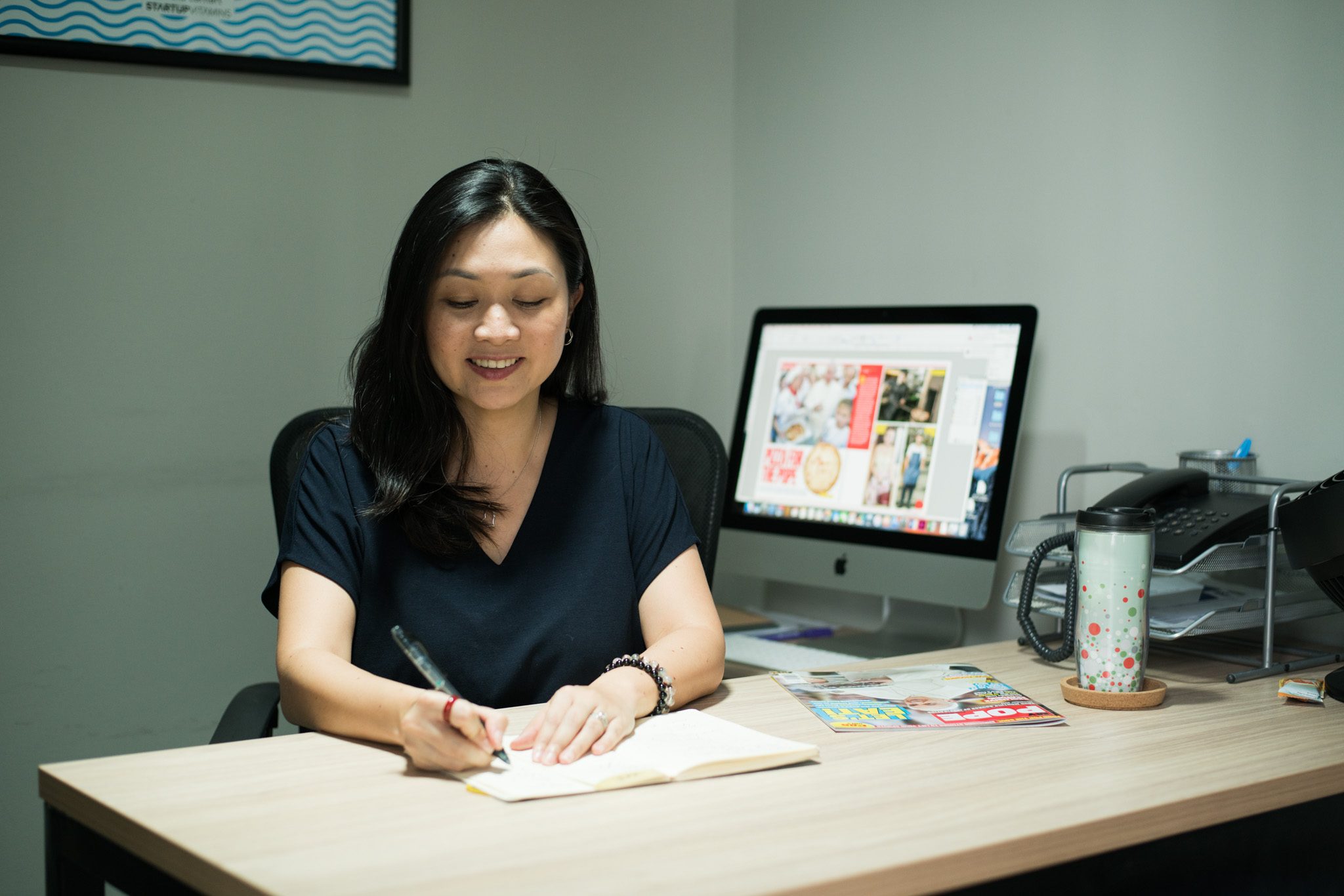
A lot of people presume that ‘Oh yeah, she grew up in an Opus Dei family, oh yeah, she went to Woodrose, so she’s just conservative and never thought about it.’ And if there’s anything, if you actually get to know me, it’s that I think about my faith and I want it to have everyday relevance. It’s not something separate from me, it’s just a way of approaching life. Which I think is the Pope’s approach. It’s not like old doctrine….You can say all these things and do all these things but when you see it in your actions, there’s like this great divide. And I’m not saying I’m the best person around. When people ask me if I’m religious, I say I do go to mass, but I try to cultivate more of an inner spiritual life.
You grew up with a religious family, and now you’re EIC of a religious magazine – does it feel like that’s just the way the cards were dealt and was it easy to accept?
There’s a full circle moment there. First of all, it’s not – just to clarify – it’s not really a religious magazine, it’s more of a lifestyle magazine that’s about the Pope and his values, so that is the first thing….It will really appeal to religious people. But it’s also about positivity, it’s about being inspired, and it’s about how to be happy, not in the pleasure way, but in the meaningful way….The happiness that we are trying to espouse here is something a little deeper, which is a happiness that comes from meaning. And it’s really about his favorite food; it’s about fun stuff. But then like the Pope, there’s always the deep and open universal message behind what he does.
[After teaching] I went to adverising because I was a child of the ’80s and for me, advertising was the most creative thing you could ever do, right? I got there, and it was not as creative as I thought it would be. I learned a lot – for somebody who admittedly had a very sheltered childhood and wanted to learn about the real world, that’s where I learned so much about it. Then I studied in New York. When I came back, that was when I came up with a mantra that you want work that is creative and meaningful. It’s not enough that it’s just one. Teaching was meaningful, but it wasn’t creative enough for me… t wasn’t the kind of creativity I needed. Advertising was creative also, but it really, more than anything, it was not meaningful for me. I couldn’t be convinced that I was doing something that would benefit people in a real, tangible way. And that’s when I stumbled upon publishing. It was such a creative profession and it was also so meaningful, but it was so fun. When I got to Seventeen, I realized I can reach so many more college-aged students with this magazine than I could have ever reached through my teaching.
Now, the funny thing is, it’s a full circle moment, in that I left teaching to go explore the world, I picked up all these skills and all these experiences and in the end I sort of ended up in the same place with the same kind of mission, but it’s on a much larger scale than where I started.
You were talking about the topics for My Pope, it’s more of a lifestyle magazine, but the first issue, the cover was Pope Francis.
It’s always gonna be Pope Francis. It’s like Oprah. It’s Oprah but it’s the Pope.
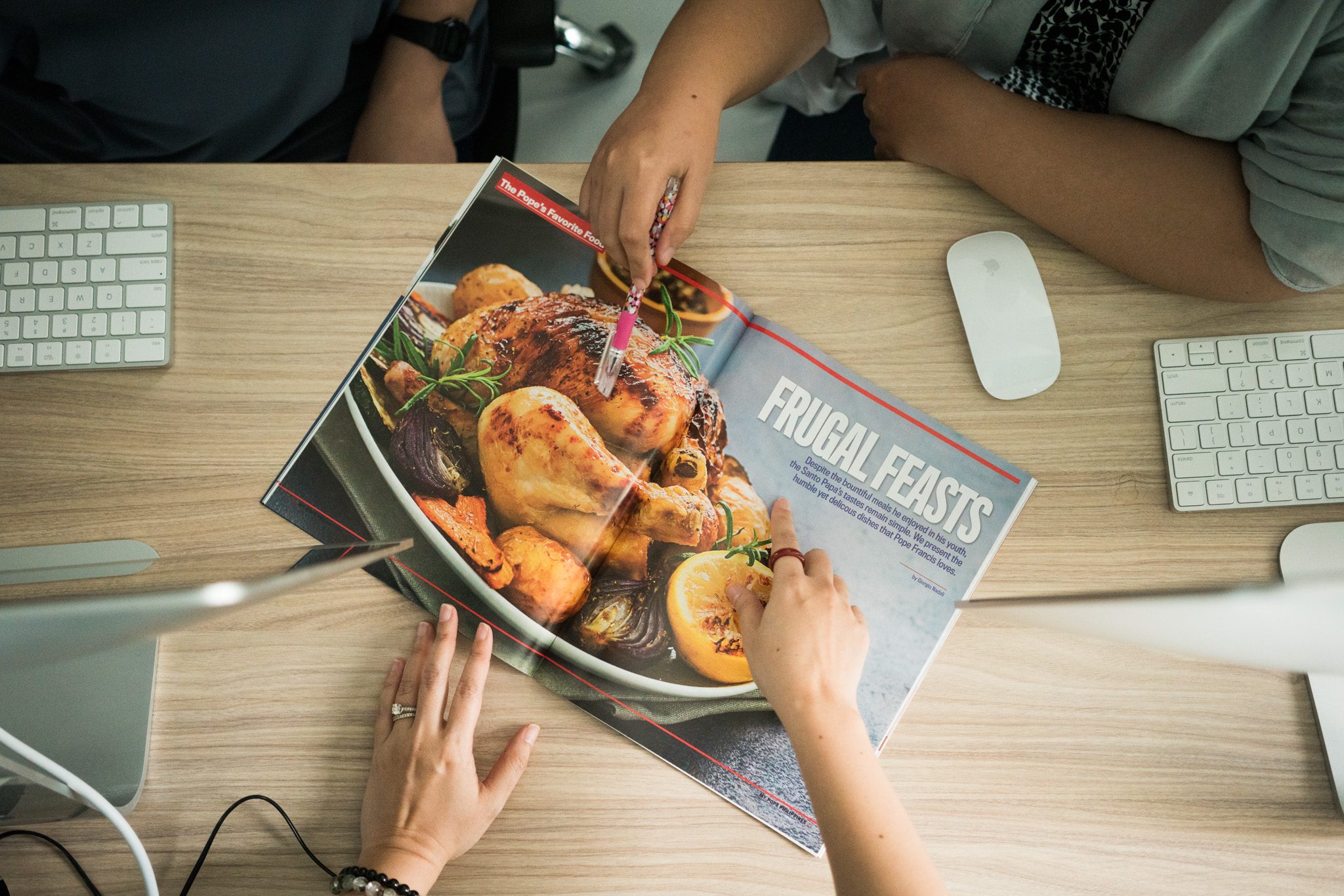
So are the stories about the Pope all the time too?
It’s a combination. First of all, because he’s a global icon who inspires people from all walks of life and from all faiths, so yes, it’s always the Pope. But another component of the magazine is that we talk about the values and the lifestyle that echo his values and lifestyle. In Italy, the tagline [of the My Pope counterpart Il Mio Papa] is ‘The number one source of Pope Francis.’ Here, – I really came up with it, and it’s ‘Your monthly source of inspiration.’ It’s because we live in a very toxic environment and if that’s what you feed, that’s where all your energy goes, you will really feel stressed and feel as if the entire world is extremely toxic. So why don’t you go the other way? Why don’t you create a magazine that can be a form of inspiration? So we talk about things like how to not be negative, we talk about gratitude…about the love languages, tools to help people live the life that Pope Francis always talks about. Tools that are more than saying “just pray.” On how to be happier, on how to be inspired. We write profiles on people who…are all so positive and who are really trying to create change in their own lives.
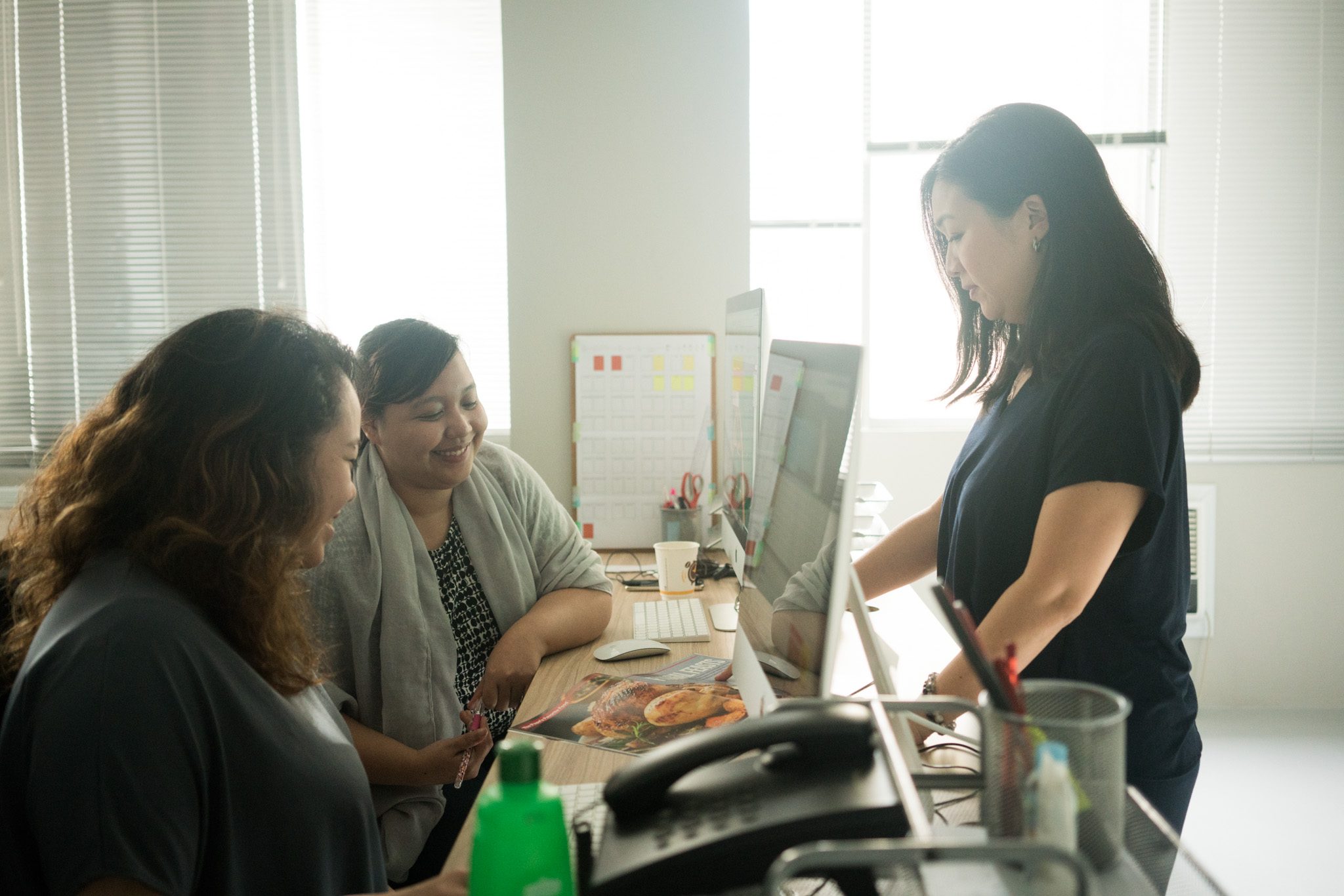
Who is this magazine for?
Well, it’s a very broad market, we say it’s fans of Pope Francis, that’s our first. The second one is anyone who wants to feel inspired. So that’s everybody right? And then as a joke, we say it’s everyone from the manang in Tondo to the matrona in San Antonio [laughs]. It’s true, because all of these people love the Pope. If you – I mean, when he was here in Luneta, so many people came and they were from all walks of life. – Rappler.com
Add a comment
How does this make you feel?
There are no comments yet. Add your comment to start the conversation.